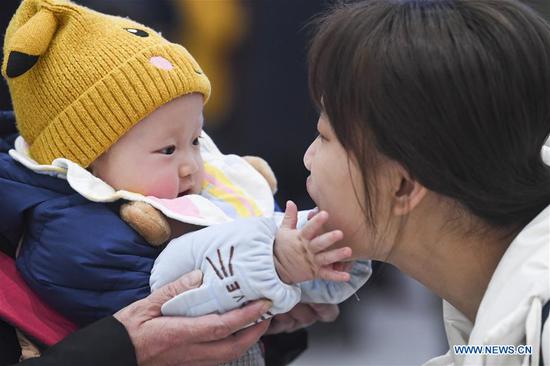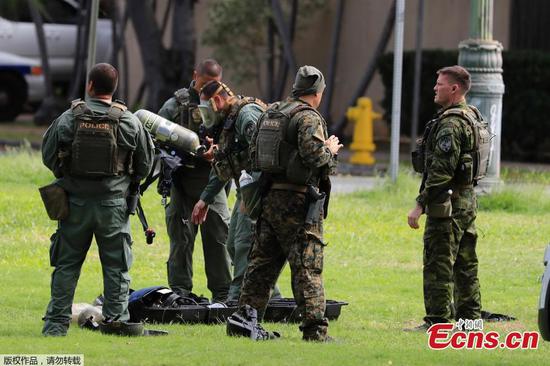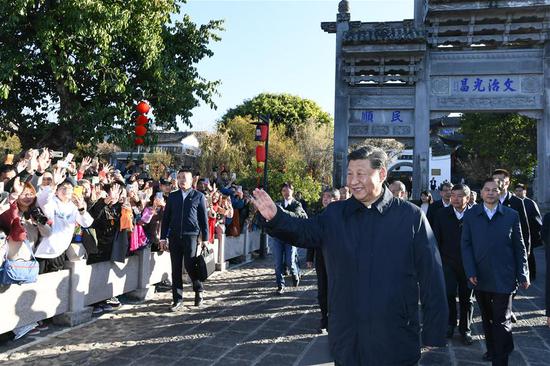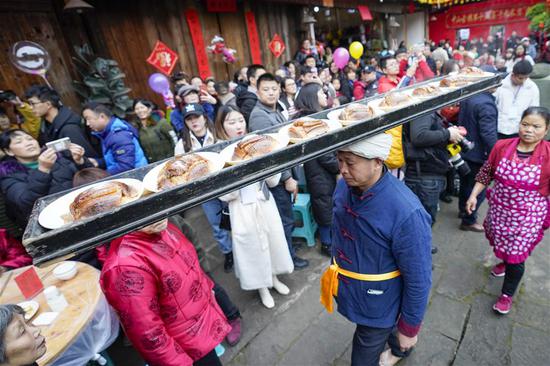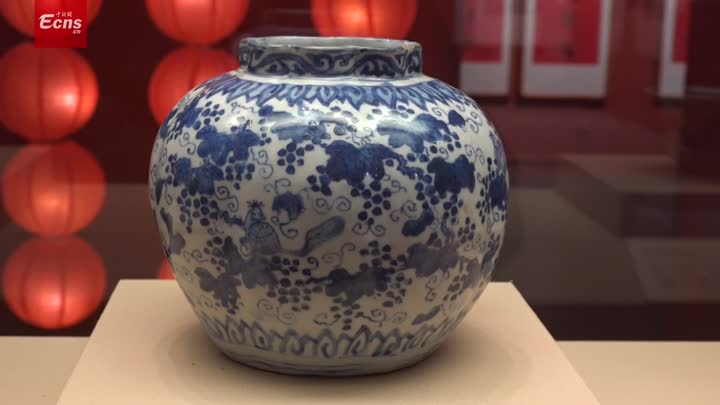China will take further steps to control the new coronavirus-related pneumonia, and the disease will be put under management as an infectious disease in accordance with law, as was decided at the State Council's executive meeting chaired by Premier Li Keqiang on Monday.
The meeting called for intensified inter-agency efforts to prevent the disease from further spreading.
It was underlined at the meeting that disease control is a matter of life and health for the people. The relevant departments and local governments have taken a host of measures to tackle the pneumonia, including promptly activating the fever clinics and undertaking all-coverage screening. The diagnostic methods and reagents for the new pneumonia are improving.
It was decided at the Monday meeting that corresponding prevention and control measures will be launched to tackle the pneumonia as a public health emergency. The measures of prevention and control will be particularly enhanced in the city of Wuhan, where the markets concerned will be shut down, wildlife control will be tightened, and fever screening will be required at airports, coach and train stations as well as ports.
Local governments must, in light of their local conditions, carry out ventilation, sterilization and temperature screening as needed in key venues and public transportation facilities. At the same time, the monitoring, pre-examination and triage of the disease must be stepped up to ensure that cases of infection will be promptly detected and effectively handled.
It was decided at the meeting that high-caliber personnel and medical resources will be pooled in tackling the disease. Sufficient funding will be made available to provide the patients, particularly those in severe condition, with the best possible medical treatments. The meeting urged tight control of infection at hospitals and precautionary measures for the medical workers.
"All prevention and control measures needed must be duly delivered, and inter-agency efforts must be enhanced to ensure the earliest possible detection, reporting, quarantine and treatment of the disease, and to keep the fatality rate at the minimal possible level. Precautions in hospitals should be strengthened," Li said.
"The government should make timely updates about the disease and be highly responsive to public concerns to shape an objective and rational public attitude toward the disease. We also need to keep the public better informed about how to protect oneself from those winter infectious diseases," he added.
The meeting required openness and transparency to keep the public informed of the situation and work of prevention and control in a timely and objective manner. The meeting also called for closer communication and cooperation with the World Health Organization, the countries concerned, and the regions of Hong Kong, Macao and Taiwan.
"We must communicate and share information with international organizations and the overseas. Research on the disease must be intensified to work out effective prevention and treatment of the disease. In this way, our efforts may work better," Li said.










